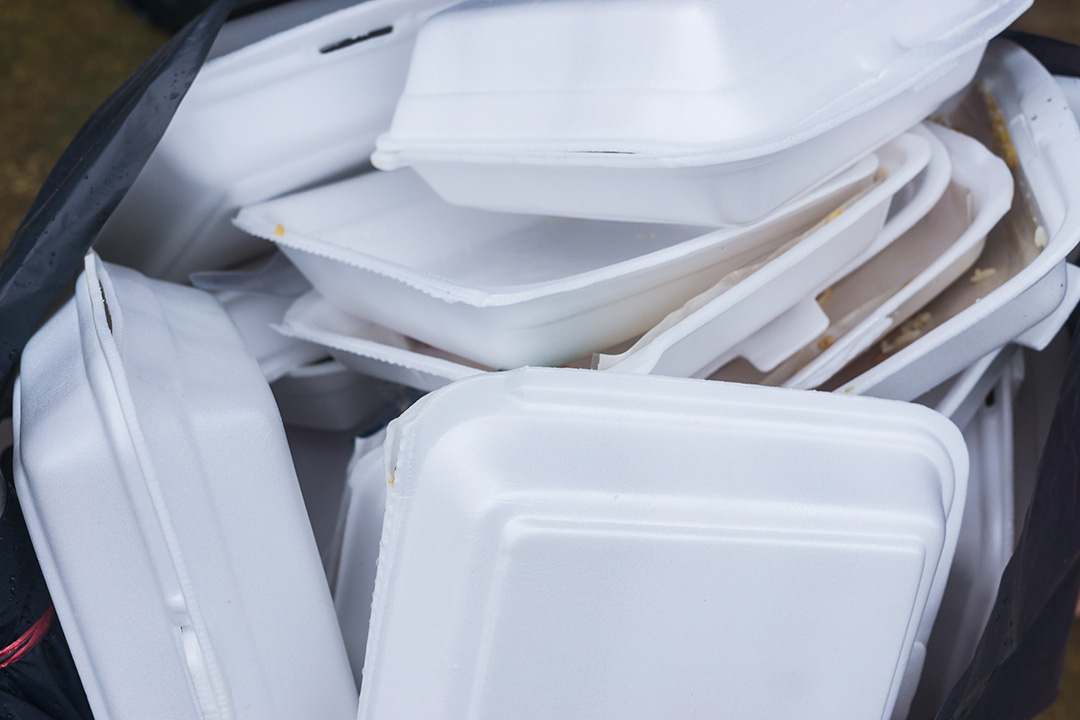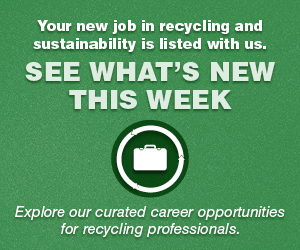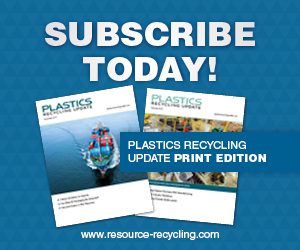
Environmentalists are chalking up two victories as one bill is squashed and another presses onward. | Kittiwat Chaitoep/Shutterstock
A polystyrene ban is moving on to the Illinois Senate. Meanwhile, a bill extending the timeline for a pilot chemical recycling facility failed to move out of the House in time.
On March 21, the Illinois House passed HB 2376, which would phase out single-use plastic polystyrene (PS) foam foodware by January of 2025. It is now in the Senate, where it had its first reading on March 22.
Anja Brandon, associate director of U.S. plastics policy at Ocean Conservancy, called the progress “great news for Lake Michigan and the communities that depend on it.”
She noted that expanded polystyrene (EPS) foodservice containers are among the most common items found on beaches and in waterways, adding that in the last decade, volunteers with The Alliance for the Great Lakes have collected over 57,000 tiny foam pieces as part of Ocean Conservancy’s International Coastal Cleanup in the state. The U.S. Plastics Pact’s Problematic and Unnecessary Materials list includes polystyrene, as it was determined to be a material that is not economically feasible to recycle at scale.
“Not only does a ban on foam mean less plastic polluting our communities and our waters, but it also means more effective recycling,” Brandon added. “Foam cannot be recycled, but it all too frequently winds up in recycling systems, where it can clog up machinery and contaminate the waste stream.”
She called for “quick action in the Senate this spring.”
Jen Walling, executive director of the Illinois Environmental Council, said groups have been “building support for upstream policy solutions like this one for decades, and we’re now closer than ever to seeing Illinois become a leader in tackling the worst of the worst when it comes to toxic plastic pollution in our state.”
Representatives from the plastic foam industry pushed back on the concept of material bans as well as claims that EPS is not recyclable.
Betsy Bowers, executive director for the EPS Industry Alliance, said “contaminated polystyrene foodservice faces the same recycling challenges as any material with food residue.”
She also pointed to research from the University of Portsmouth Global Plastics Policy Centre and the Minnesota Pollution Control Agency that found “insufficient information available on the effectiveness of packaging material bans.”
“Rather than ineffective bans, trading one material for another, EPS-IA supports extended producer responsibility (EPR) that allows industry to participate and contribute to viable solutions,” she said.
Chemical recycling update
On the chemical recycling front, HB 1616, which would have amended a previous bill passed in 2019 to extend the deadline for permitting and construction of a pilot pyrolysis or gasification facility in a locally zoned and approved site in either Will County or Grundy County from 2025 to 2027, failed to move forward before the state’s March 24 crossover deadline.
The same coalition of environmental groups held a press conference March 15 opposing HB 1616.
Even without the extension, Agilyx and INEOS Styrolution announced March 27 that they plan to move forward on a 100-ton-per-day chemical recycling plant in Channahon, Ill., inside the geographic range covered by the bill.
This story was updated March 31 with a statement from the EPS Industry Alliance.
More stories about legislation
- NY legislative session ends, again without EPR
- Both coasts see DRS program changes
- UN member countries bring focus to plastic treaty



